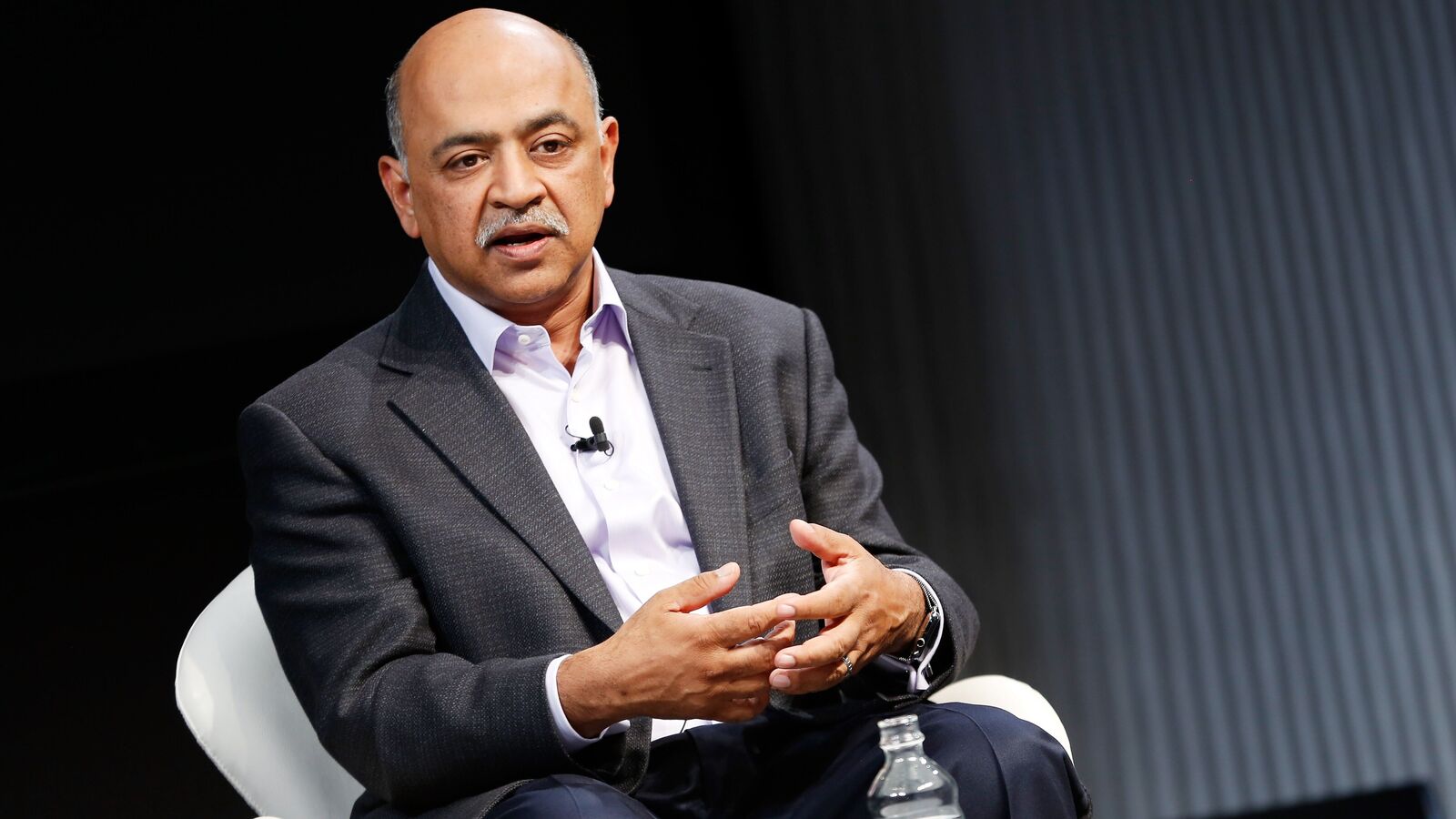IBM CEO Reveals Surprising Impact of AI on Employment: Hiring Surge Amidst Automation Efforts
IBM’s Employment Strategy: AI Agents Lead to Workforce Expansion
In recent statements by IBM’s CEO Arvind Krishna, the tech giant has taken a somewhat unconventional stance on the impact of artificial intelligence (AI) on employment. Many companies have turned to AI to streamline operations, often leading to workforce reductions. However, Krishna claims that IBM’s investment in AI, particularly AI agents, has actually resulted in an increase in hiring rather than layoffs, a position that offers a fresh perspective on the relationship between technology and job creation.
The Dual Role of AI in Workforce Management
During a candid interview with The Wall Street Journal, Krishna acknowledged that IBM had utilized AI to replace "a couple hundred human resources workers." This admission might initially be alarming to some, considering the common narrative surrounding AI in the workplace; however, Krishna emphasized that the use of AI has allowed IBM to reallocate resources and invest in new areas.
He elaborated on the notion of AI not as a job killer but as a job transformer. Here are key points highlighted by Krishna:
- Automation of Routine Tasks: AI and automation help to eliminate repetitive tasks, enabling employees to focus on more strategic initiatives.
- Reallocation of Resources: The efficiencies gained through AI have provided the company with more funds to invest in critical areas such as software engineering, sales, and marketing.
- Increased Hiring: As IBM pivots towards roles that require critical thinking and human interaction, the company’s overall employment numbers have gone up.
IBM’s Future and the Critical Thinking Domains
The sectors where Krishna sees enhanced growth due to AI include:
- Software Engineering: The need for skilled engineers to develop and maintain AI systems is paramount.
- Sales and Marketing: With AI enhancing customer interaction and personalization, the demand for creative thinkers who can strategize around these tools is growing.
- Human-Centric Roles: Krishna underlined the importance of roles requiring direct interaction— "jobs that face up or against other humans," rather than monotonous tasks performed without problem-solving skills.
Despite acknowledging the layoffs in HR, Krishna did not provide a timeline for when these workforce reductions occurred, leaving some ambiguity regarding the overall employment impact.
IBM’s Transformative AI Strategies
Krishna explained that IBM’s AI services are designed to be complementary, meaning they can integrate smoothly with AI tools that customers may already be utilizing from other vendors. The company’s approach to AI emphasizes a flexibility-centric philosophy with the tagline, “we want you to use what’s appropriate.” This attitude reflects a broader trend in the tech industry where companies aim to permeate their solutions into existing client ecosystems rather than competing against them.
Interestingly, Krishna’s insight into IBM’s AI strategy comes at a time when many firms are grappling with the implications of rapid technological change. The implementation of AI should ideally not lead to a zero-sum game in the labor market.
Navigating External Challenges
In the midst of these discussions, Krishna also addressed external factors affecting business operations, particularly concerning tariffs imposed during former President Donald Trump’s administration. He expressed that the impact on IBM’s operations due to these tariffs was "very limited," primarily because key products like mainframe computers and quantum systems are produced in the United States.
However, he cautioned that a significant slump in demand could adversely impact discretionary spending in consulting services, which might necessitate a more aggressive management approach if these trends were to worsen.
Investment as a Path Forward
In an indirect nod to the importance of investment in the face of changing market conditions, Krishna revealed that IBM plans to invest $150 billion in the U.S. over the next five years. This commitment underscores IBM’s dedication not just to their technological advancements but also to their broader role in the economy.
Conclusion: The Future of Work at IBM
Arvind Krishna’s recent remarks provide valuable insights into IBM’s strategic focus on AI and workforce expansion. The narrative that AI leads to workforce reductions is being challenged as companies like IBM leverage this technology for critical thinking roles. As organizations embrace the dual nature of AI—as both a catalyst for efficiency and a driver of growth—it’s becoming increasingly clear that the future of work may very well depend on how companies adapt to and integrate these emerging technologies.
Overall, it seems that, for IBM, AI is not a replacement for human capital but a complement that can free employees to engage in more meaningful, impactful work. If more companies follow this lead, we may find ourselves entering a new era of innovation and job creation—one in which humans and machines collaborate to reach new heights.




